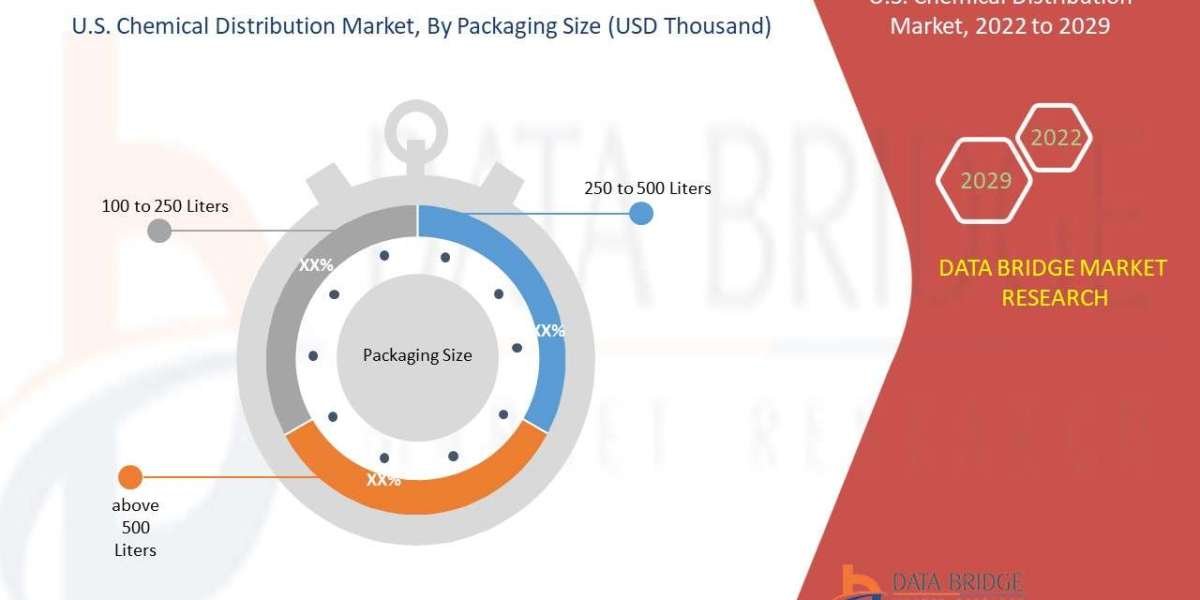The Geospatial Analytics Market Analysis reveals significant growth opportunities from 2024 to 2032, with the market projected to reach USD 209.81 billion. Rapid advancements in GIS, remote sensing, and big data analytics have transformed how industries collect and interpret spatial data, creating immense value for decision-makers.
The adoption of geospatial analytics across logistics, smart city planning, agriculture, and disaster management is a key factor driving market expansion. Businesses use geospatial tools to optimize supply chains, forecast weather impacts, and streamline asset management. By incorporating AI-driven predictive analytics, companies can anticipate trends, reduce operational risks, and improve resource allocation.
The consulting segment dominates services, assisting enterprises in developing customized geospatial strategies. Integration and deployment services, on the other hand, are gaining traction as organizations focus on embedding analytics solutions into their operational workflows. Surface and field analytics continue to see widespread adoption due to their utility in real-time monitoring and data visualization.
Regional growth patterns highlight North America as the largest market due to early adoption of advanced GIS technologies. However, the Asia-Pacific region is expected to witness the highest CAGR, fueled by smart city projects, government investments, and digital infrastructure expansion.
Market leaders such as ESRI, Hexagon AB, IBM, and Trimble Navigation drive innovation through AI-enhanced platforms, cloud-based GIS, and predictive analytics services. Their research and development initiatives aim to improve scalability, reduce costs, and enhance data accuracy.
With continuous improvements in cloud computing, AI integration, and IoT-enabled geospatial technologies, the Geospatial Analytics Market Growth remains robust. These advancements empower industries to make data-driven decisions, optimize operations, and maintain competitive advantage.



